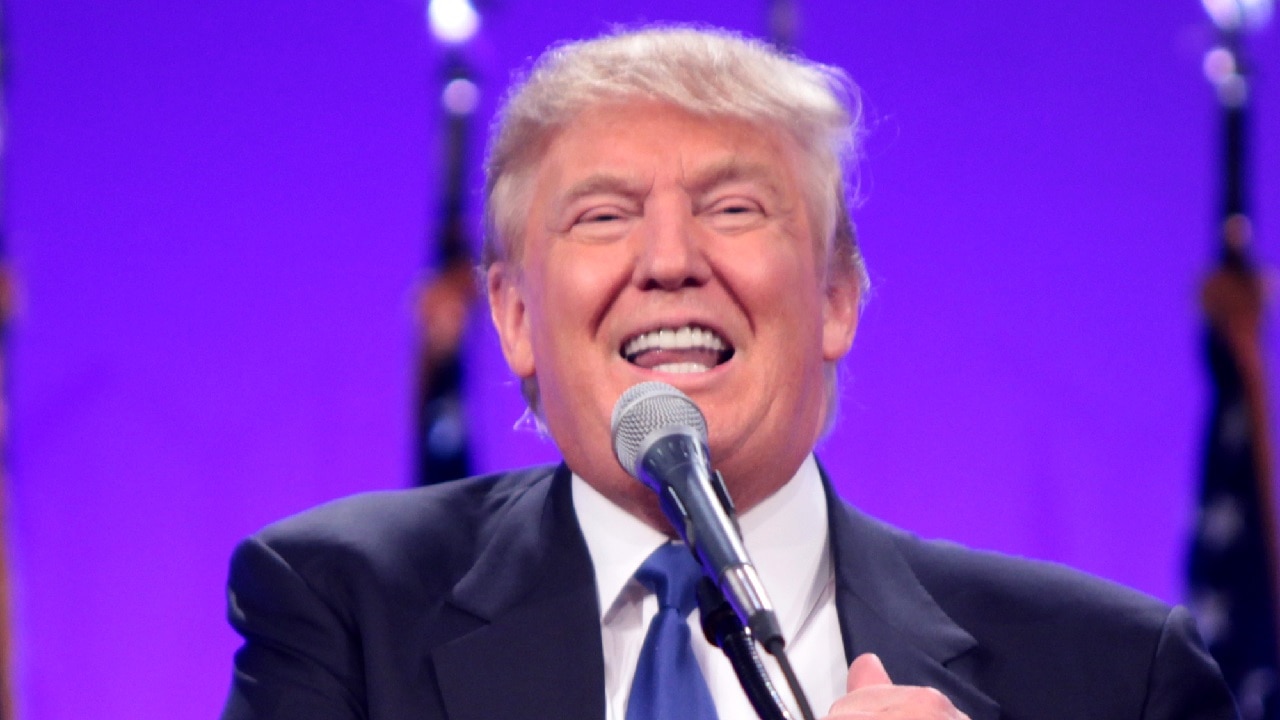Former President Donald Trump will likely face several primary challengers next year – and he could likely see an uphill battle for the Republican nomination. To suggest he isn’t taking it well would be a vast understatement. There is already talk that Trump could mount a third-party run should he lose the GOP presidential primary.
As The Atlantic reported on Sunday, Trump may attempt such a move simply out of spite. He would wreck Republican prospects for 2024 even as President Joe Biden sees sagging poll numbers and remains largely unpopular with American voters. Biden could be defeated by a united Republican Party, but if Donald Trump isn’t at the head, then he would likely rather see those efforts go up in smoke.
According to a Bulwark poll conducted last week, a large majority of Republicans are ready to move on from Trump, yet more than a quarter would likely follow him to a third-party bid.
Donald Trump: What Happens Next?
Donald Trump probably doesn’t have what it takes to win the White House back in 2024, yet his standing is strong enough that he could be a kingmaker if he threw his support behind another Republican.
However, it appears that Trump’s ego may not allow him to do so. In an interview with Hugh Hewitt last week, Donald Trump was asked if he were not the nominee, would he support another Republican.
“It would depend,” Trump responded. “I would give you the same answer I gave in 2016 during the debate…It would have to depend on who the nominee was.”
During the 2016 campaign, Trump was the only Republican contender who refused to pledge his support for whoever won the primaries and secured the nomination. Trump certainly knew then, as he knows now, that a third-party run would stand zero chance of winning the White House. But it would punish the GOP for not supporting him.
History of Third-Party Candidates
In modern White House races, there have always been more than just the Democratic and Republican candidates vying for the nomination and then seeking the office. There were actually three contenders on Election Day in 2020, as the Libertarian Party was on all 51 ballots (including the District of Columbia). In addition, the Green Party had ballot access in 30 states and DC, reaching 73.2% of voters – while six other parties were on the ballots of somewhere between two and 15 states.
None of those candidates had a serious chance of winning, of course, and these are mostly protest runs meant to bring attention to an issue or spotlight problems with our very election system.
However, some third-party efforts have been far more successful. The earliest was actually in the 1832 election, when two parties attempted to break the status quo. These included John Floyd running on the Nullifier ticket, who failed on Election Day to see any votes. But that same year, the Anti-Masonic Party’s William Wirt went on to secure 7.78% of the popular vote.
What is also largely forgotten is that a number of former presidents attempted comebacks after falling out with their respective parties.
The first was Martin Van Buren, a founder of the Democratic Party who served as president from 1837-1841. When he became increasingly opposed to slavery and argued that the Founding Fathers had favored the eventual abolition of the institution, he mounted a comeback with the Free Soil Party in 1848 and went on to receive 10.1% of the popular vote, the strongest showing by a third-party presidential nominee to that point in U.S. history.
Former President Millard Fillmore attempted a similar return, running on the American Party’s ticket in 1856. Most famously, former President Theodore Roosevelt launched a White House Run in 1912 with the Progressive Party after failing to win the Republican nomination. However, Roosevelt simply split the Republican base, and while he carried six states to President William Howard Taft’s two, Woodrow Wilson won the election in an Electoral College landslide – the largest until Ronald Reagan’s victory in 1984.
Though others, including Strom Thurmond, George Wallace, John Anderson, and Ross Perot have attempted similar third-party runs, all they ever do is take votes away from one party. That’s about the best a third-party bid by Donald Trump could succeed in doing.
But he might do just that as payback if the GOP fails to support him.
MORE: Could Donald Trump Be Disqualified from Becoming President Again?
MORE: The 1 Way Donald Trump Gets Crushed in 2024
MORE: Joe Biden’s ‘Think Tank’ Was Raided by the FBI
MORE: Could Donald Trump Quit the GOP?
Author Experience and Expertise: A Senior Editor for 19FortyFive, Peter Suciu is a Michigan-based writer. He has contributed to more than four dozen magazines, newspapers, and websites with over 3,200 published pieces over a twenty-year career in journalism. He regularly writes about military hardware, firearms history, cybersecurity, politics, and international affairs. Peter is also a Contributing Writer for Forbes and Clearance Jobs. You can follow him on Twitter: @PeterSuciu.

